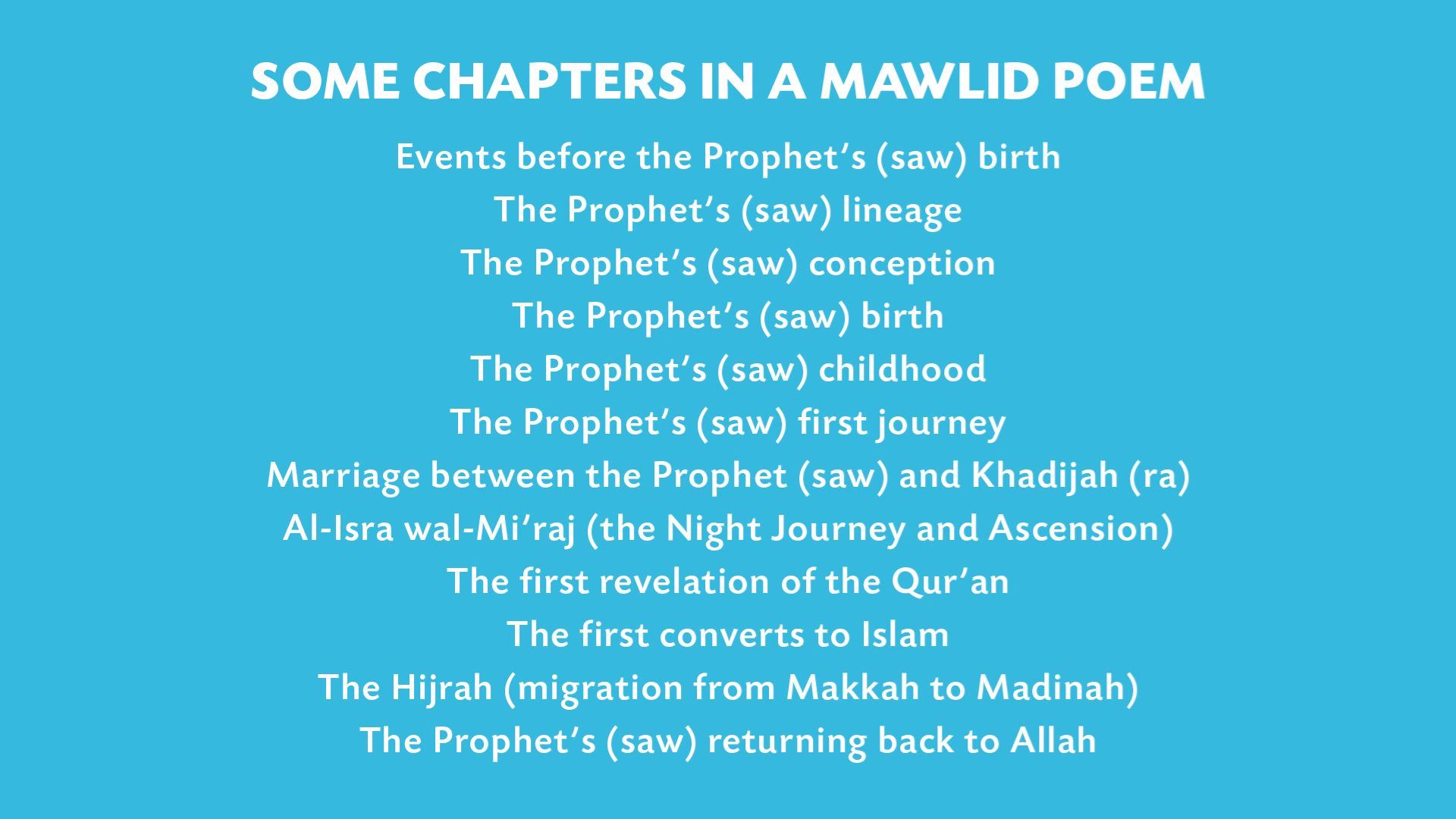
As the world celebrates the festive season of Christmas, many people wonder if Muslims have a similar holiday or celebration that they observe. While Muslims do not celebrate Christmas, they do have several significant holidays and events throughout the year that hold great importance in the Islamic calendar.
In this article, we will explore the concept of Islamic holidays and celebrations, focusing on the ones that might be considered equivalent to Christmas in terms of their significance and festivities.
Understanding Islamic Holidays
Islam has its own set of holidays and celebrations that are deeply rooted in the Islamic calendar. The Islamic calendar is a lunar calendar, which means that it is based on the cycles of the moon. This calendar is about 11 days shorter than the solar calendar used in the Western world.
The Islamic calendar has several significant holidays and events, each with its own unique history, significance, and traditions. Some of the most important Islamic holidays include:
Eid al-Fitr
Eid al-Fitr is a significant holiday in the Islamic calendar that marks the end of Ramadan, the holy month of fasting. During Ramadan, Muslims fast from dawn to sunset, abstaining from food and drink. Eid al-Fitr is a joyous occasion that celebrates the completion of Ramadan and the return to normal life.

Eid al-Fitr is typically celebrated over a period of three days, during which Muslims attend congregational prayers, visit family and friends, and exchange gifts. The holiday is also marked by charitable acts, such as giving to the poor and needy.
Eid al-Adha
Eid al-Adha, also known as the Festival of Sacrifice, is another significant holiday in the Islamic calendar. It commemorates the willingness of the Prophet Ibrahim (Abraham) to sacrifice his son Ismail (Ishmael) as an act of obedience to God.
Eid al-Adha is celebrated over a period of four days, during which Muslims attend congregational prayers, sacrifice animals (usually sheep or goats), and distribute the meat to the poor and needy.

Mawlid al-Nabi
Mawlid al-Nabi is a holiday that celebrates the birth of the Prophet Muhammad (peace be upon him). While the exact date of the Prophet's birth is not known, it is widely believed to be in the month of Rabi' al-awwal, which is the third month of the Islamic calendar.
Mawlid al-Nabi is celebrated by Muslims around the world, who mark the occasion by attending congregational prayers, reciting poetry and hymns, and distributing food and sweets.

Comparison with Christmas
While Muslims do not celebrate Christmas, Eid al-Fitr and Eid al-Adha share some similarities with Christmas in terms of their significance and festivities. Here are a few ways in which these holidays might be compared to Christmas:
- Gift-giving: Like Christmas, Eid al-Fitr and Eid al-Adha involve the exchange of gifts, particularly among family and friends.
- Charitable acts: Both Christmas and Islamic holidays emphasize the importance of charitable acts, such as giving to the poor and needy.
- Family gatherings: Islamic holidays, like Christmas, are often marked by family gatherings and reunions.
- Traditional foods: Each holiday has its own unique traditional foods and sweets that are prepared and shared during the celebrations.
However, it's essential to note that Islamic holidays have their own unique history, significance, and traditions that are distinct from Christmas.
Gallery of Islamic Holidays




Conclusion
In conclusion, while Muslims do not celebrate Christmas, they have several significant holidays and events throughout the year that hold great importance in the Islamic calendar. Eid al-Fitr, Eid al-Adha, and Mawlid al-Nabi are just a few examples of the joyous occasions that Muslims celebrate with great enthusiasm and fervor.
These holidays share some similarities with Christmas in terms of their significance and festivities, but they have their own unique history, significance, and traditions that are distinct from Christmas.
We hope this article has provided you with a deeper understanding of Islamic holidays and their significance in the Muslim world.
FAQs
Do Muslims celebrate Christmas?
+No, Muslims do not celebrate Christmas. Instead, they have their own set of holidays and celebrations that are deeply rooted in the Islamic calendar.
What is the most significant holiday in the Islamic calendar?
+Eid al-Fitr is considered one of the most significant holidays in the Islamic calendar, as it marks the end of Ramadan, the holy month of fasting.
How do Muslims celebrate Eid al-Adha?
+Muslims celebrate Eid al-Adha by attending congregational prayers, sacrificing animals, and distributing the meat to the poor and needy.